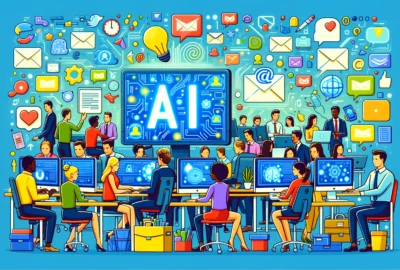Mastering Python Interviews: Top 10 Questions and Expert Answers for 2023
Introduction:
In the dynamic realm of Python programming, excelling in interviews requires more than just coding skills. Employers seek candidates who not only write efficient code but also possess a deep understanding of key concepts. In this article, we delve into the top 10 questions frequently asked in Python interviews and provide expert answers to help you navigate the challenging landscape of technical interviews.
1. The Fundamentals:
Understanding the foundational aspects of Python is crucial. Interviewers often start with questions on data types, variables, and basic syntax. Be prepared to showcase your knowledge of Python’s building blocks.
2. Python Data Structures:
Delve into the intricacies of Python data structures, including lists, tuples, sets, and dictionaries. Explain when to use each and demonstrate your ability to manipulate these structures effectively.
3. Object-Oriented Programming (OOP):
Many interviews focus on assessing your grasp of object-oriented programming principles. Explore concepts like classes, inheritance, encapsulation, and polymorphism, illustrating how they contribute to efficient code design.
4. Exception Handling:
Handling errors gracefully is a mark of a skilled Python developer. Be ready to discuss try-except blocks, handling specific exceptions, and conveying how your code gracefully manages unexpected scenarios.
5. Python Libraries and Frameworks:
Showcase your familiarity with popular Python libraries and frameworks such as NumPy, Pandas, and Django. Discuss real-world scenarios where you’ve applied these tools to solve problems and optimize code.
6. Web Development with Flask/Django:
If the role involves web development, anticipate questions related to Flask or Django. Highlight your experience in building web applications, handling routes, and managing databases within these frameworks.
7. Python’s Generators and Iterators:
Demonstrate your understanding of generators and iterators, explaining their differences and showcasing scenarios where they provide advantages over traditional loops.
8. Decorators and Their Applications:
Delve into the world of decorators, elucidating their purpose and illustrating how they enhance code readability and reusability.
9. Testing and Debugging:
Discuss your approach to testing and debugging Python code. Employers value candidates who can write effective unit tests, troubleshoot issues, and ensure the robustness of their applications.
10. Python Best Practices:
Finish strong by outlining your adherence to Python best practices. This may include PEP 8 compliance, code readability, and your commitment to writing clean, maintainable code.
Conclusion:
Mastering Python interviews requires a holistic understanding of the language, its libraries, and best practices. By thoroughly preparing for these top 10 questions and expertly articulating your responses, you’ll position yourself as a standout candidate in the competitive field of Python development.
Note: This comprehensive guide provides insights into the essential topics to help you prepare for Python interviews in 2023. While focusing on the specified questions, remember to adapt your responses to your unique experiences and showcase your problem-solving skills effectively.









